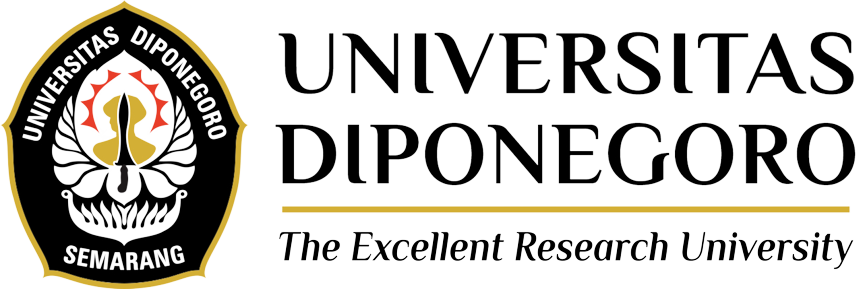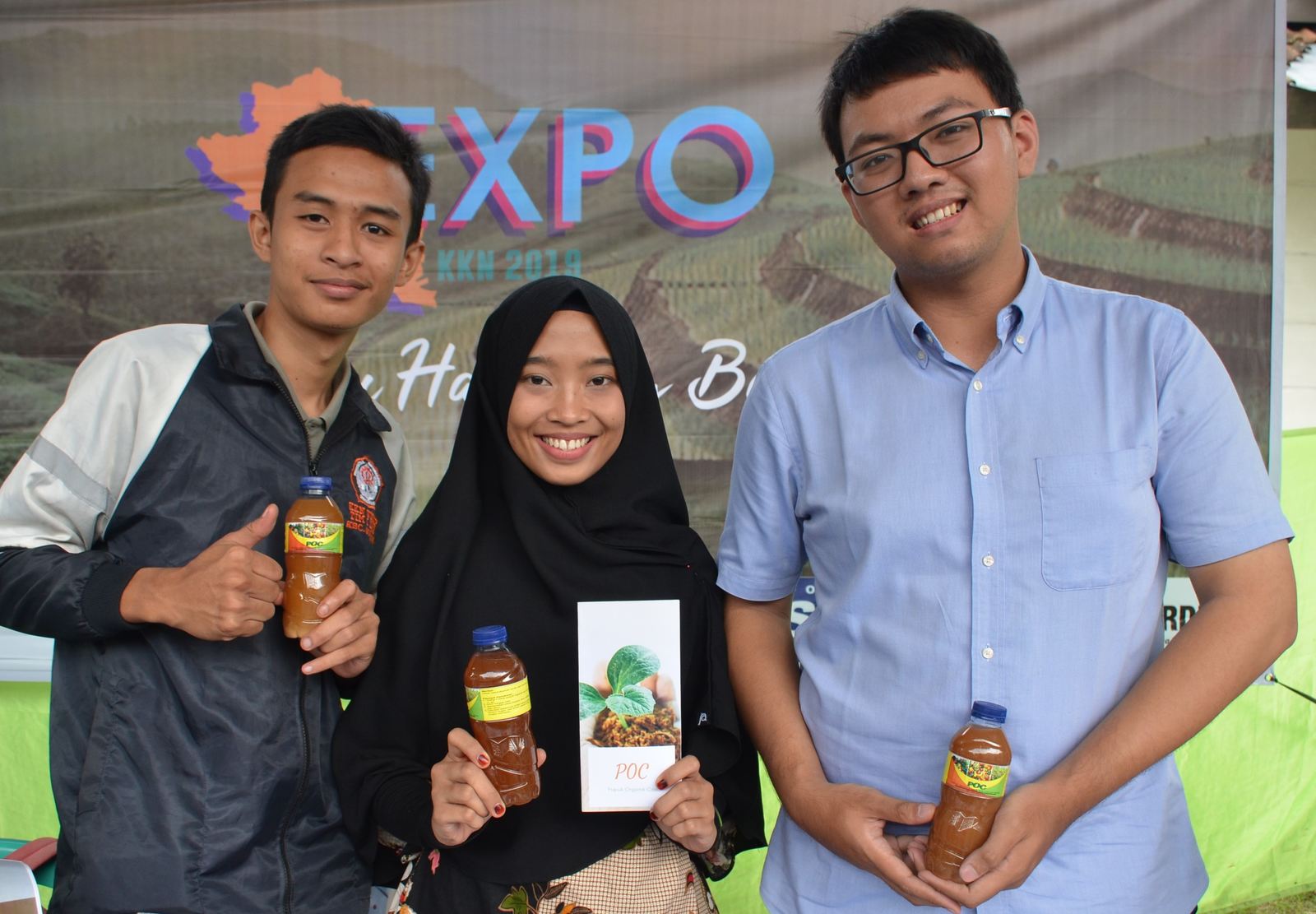Sugihan Village in Tengaran, Semarang has the potential of producing milk. Susu-gihan is a MSME that specifically processes pure cow’s milk into milk with various flavors, from yogurt to cheese. This was a concern for students of Diponegoro University’s KKN Team I in Sugihan village to help develop by implementing an online sales system using social media accounts such as Whatsapp, and marketing that was promoted through Instagram. “For starters, sales use a pre-order system where customers who want to order can contact the official Susu-gihan account and if the product is ready for consumption, they will be contacted again to collect the ordered product,” said Dion, a KKN student.
Dion further said that the marketing strategy business development plan includes making product design samples to be presented to distributors or individuals, making advertisements in printed medium, brochures or pamphlets to be distributed, giving special discounts on every tenth products purchase and opening booths/stands at health events such as seminars, expos and bazaars. He hopes that from the results obtained, of course, Susu-gihan products will be known more widely to the public, encouraging the passion of the village community to further develop their products.
Students of Community Service Program Make Fertilizer from Rice Laundry Water Waste
Rice washing water is one of the household wastes that can be used as liquid organic fertilizer so that it can be useful for plant growth and can be developed as a business. Kurniawan, Joshua and the rest of his team from the KKN Team of Sukorejo Village in Suruh, Semarang made an innovation and were socialized to the community about how to make liquid organic fertilizer from waste water from rice washing.
According to Kurniawan, to make this liquid fertilizer a 1,5L bottle is needed, put 600 ml of rice washing water into the bottle, mix with four liquid sugar bottle caps that have been thawed, add four EM4 bottle caps, shake slowly until all are mixed and wait for seven days. As for its use, 10 ml of fertilizer is dissolved in 5 liters of water and splashed throughout the plant. Joshua added, the benefits of liquid fertilizer include accelerating growing plants, fertilizing the soil and improving the quality of flowers, fruits and leaves. “Making liquid fertilizer is quite simple so that people can easily make it, we have also held a socialization of procedures for making fertilizers, besides that fertilizer materials also have no impact on polluting the environment,” continued Joshua.


